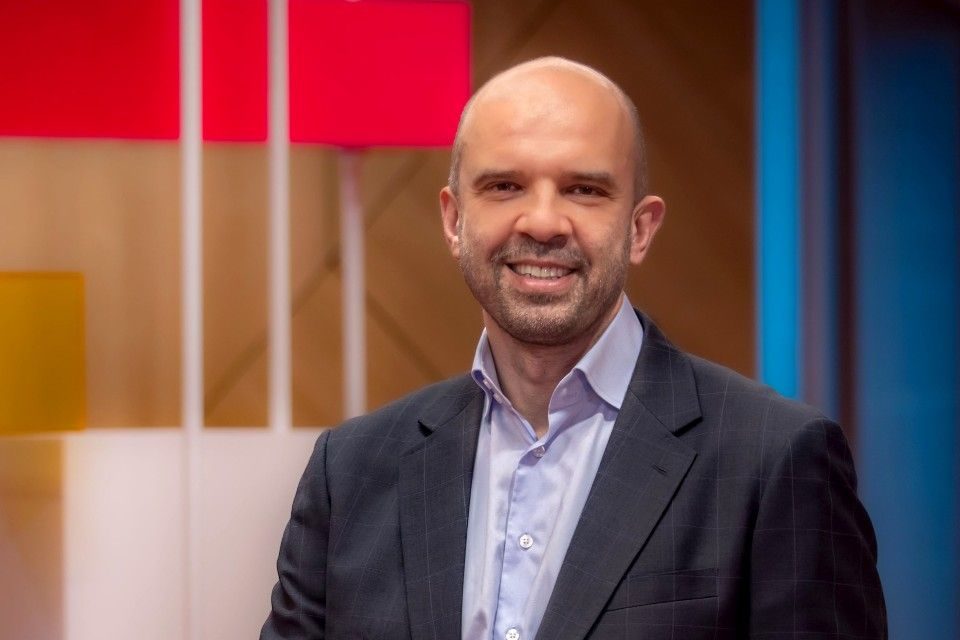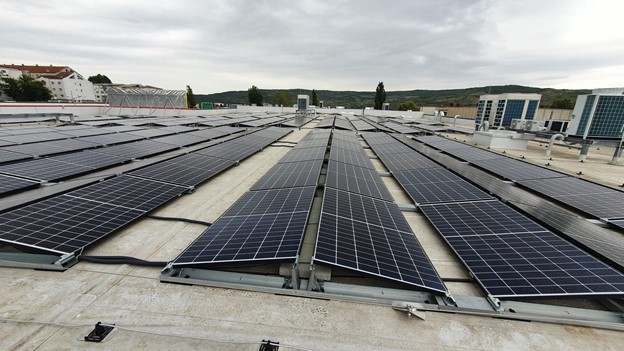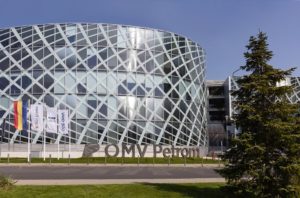PwC: Fewer than half of the companies in the EU are familiar with the Green Deal and are prepared for the measures it involves

Fewer than half of the companies in the EU are familiar with the Green Deal, and only 49 percent consider themselves prepared for the measures it involves, according to the European Green Deal Survey, conducted by PwC.
“The developments in the energy market in recent months and the decision to phase out dependence on fossil fuels from Russia have given the European Commission an extra incentive to push ahead with the Green Deal targets, even if on the short term this will require diversification of supply sources – meaning higher imports of liquefied gas, pipeline imports from non-Russian suppliers and higher levels of biomethane and hydrogen, as well as higher use of coal in the short term. As announced the other day, EC is ready to draw up a plan to support diversification of energy supply, but the aim will still be to accelerate the transition to renewable energy and improve energy efficiency”, said Dinu Bumbacea, Country Managing Partner, PwC Romania.
The largest perceived challenges to companies are a lack of organisational skills and processes to understand all the implications of the Green Deal, quantify the costs of the related levies, benefit from available incentives and maximise the opportunities arising from the transition to more sustainable economies.
The EU is expected to introduce more than 1,000 different levies to partially fund the EUR 260 billion-a-year cost of the Green Deal. These taxes and other revenue-raising measures are aimed at promoting investment in low-carbon technologies, big strides in energy efficiency, the shift to zero-emissions energy sources, reduced consumption of natural resources and better care of natural habitats, shows the report.
”Given that the EU pact will affect procurement, supply-chain management, manufacturing, finance, ESG and human resources, companies need to develop complex strategies for Green Deal compliance. For local companies and for Romania as a country, achieving the pact’s objectives will be difficult and require significant transformations, but accessing the European funds available for this purpose is an opportunity to make progress in reducing emissions and transitioning to a sustainable economy”, explained Dinu Bumbacea.















